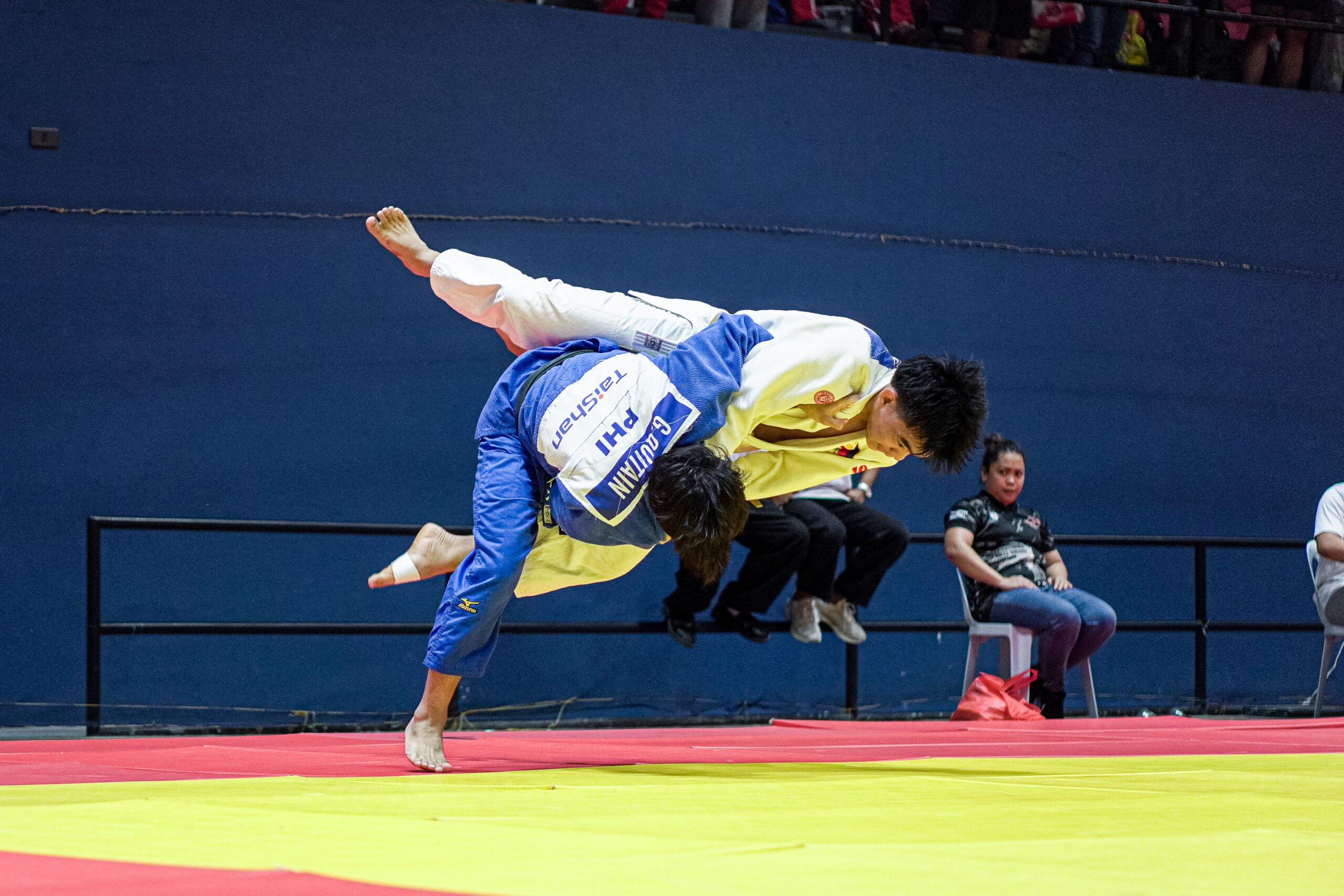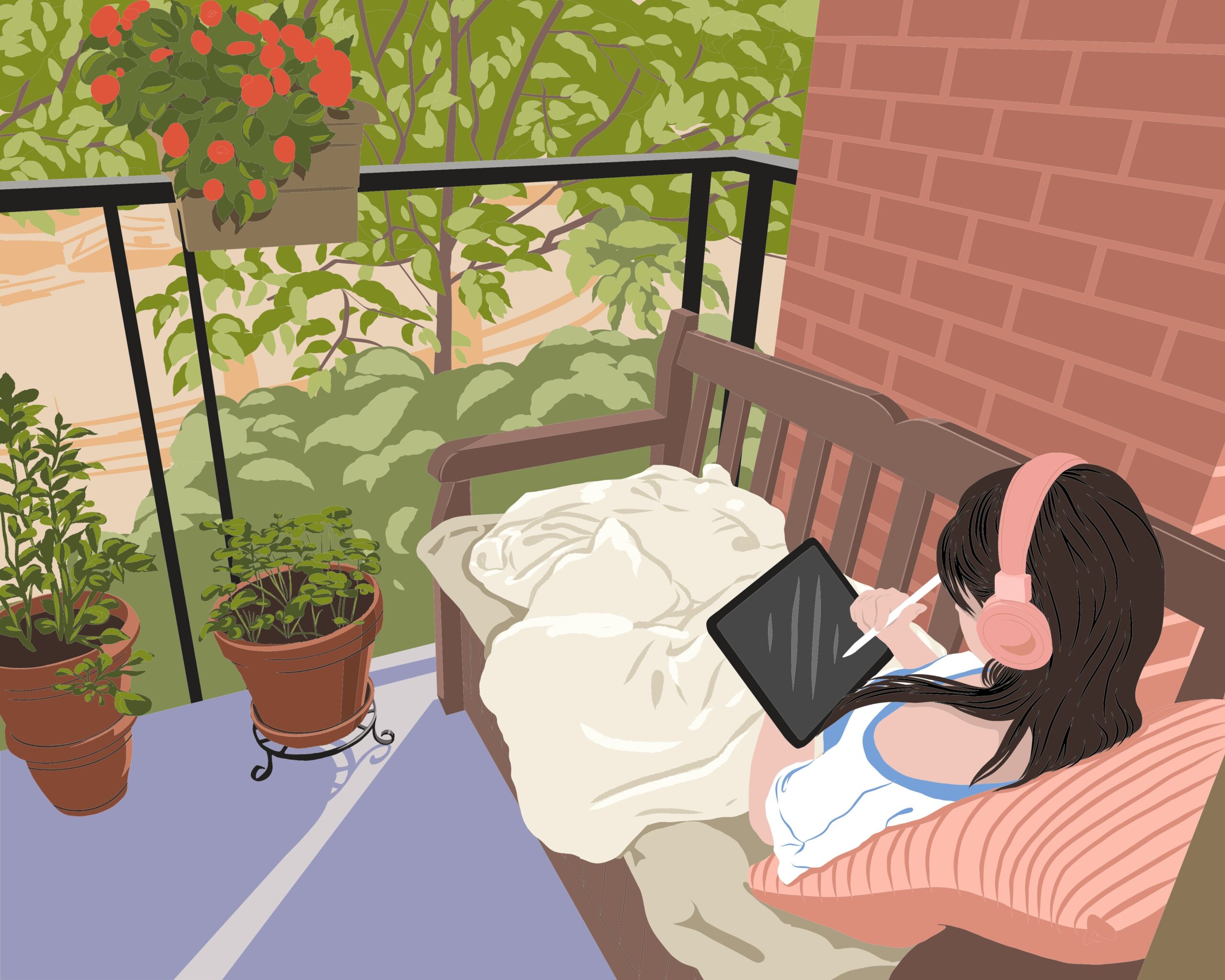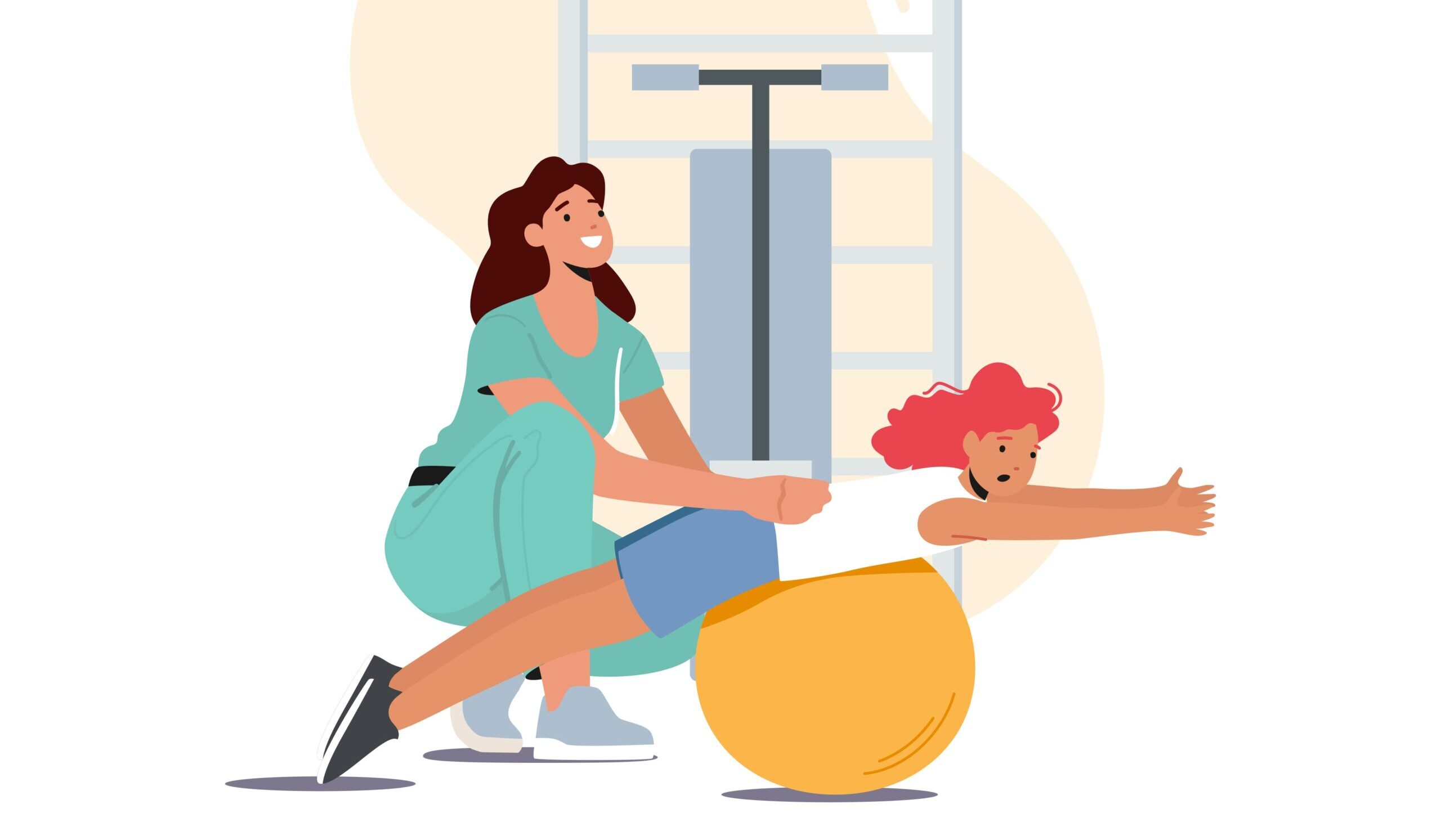It feels great at the gym or the outdoors. Just not anywhere else
Although sweating is part of exercising, sometimes it’s just too much. Sometimes you even sweat when you’re not doing anything. While it can’t be avoided, it can be controlled. Here’s what you can do so you don’t sweat buckets all the time.
Change your diet
Studies show that some food can make you sweat more because they stimulate the nervous system. The Journal of Medicinal Foods suggests cutting down on caffeine and spicy foods as they stimulate skin receptors that trigger sweating and raise body temperature. Opt for food that lessens sweat. For instance, water-dense fruits or electrolyte-rich foods such as bananas can hydrate and cool down the body, especially if you lack water.
Change to antiperspirant
Some people think that antiperspirant and deodorant are the same thing, but they’re not. Deodorant masks the smell of sweat and bacteria, but it doesn’t actually stop sweating. Whereas, antiperspirant is designed specifically to clog and block pores to prevent sweat release. While usually applied in armpits, you can actually use it on other parts of your body like between your thighs to prevent chafing. The Verge says the best time to apply is at night because the antiperspirant sinks in better.
Dress for the weather
If you’re expecting it to be a warm day, dress in loose and light clothing so that your body won’t overheat. Athletes are pretty fond of tight clothing, so make sure you wear a fabric that doesn’t cause chafing. Some clothes get damp and heavier with sweat, which just makes you sweat more, so go for sweat-wicking fabrics. These help sweat evaporate faster during workouts. Cotton and linen are also breathable fabrics to use.
Try home remedies
Simple household items can be used to prevent excessive sweating. For instance, a mix of cornstarch and baking soda under your armpits can help maintain sweating. Apple cider vinegar and lemon also help with sweat management and even get rid of bacteria. You can even rub your sweaty areas with a potato as these have water absorbing qualities.
Consult a doctor
When you’ve exhausted all means and you’re still sweating too much even when you’re passive, it might be a sign of hyperhidrosis. It’s when you sweat for no reason, usually on your hands, feet, and underarms. In these cases, you’ll usually end up being prescribed to use stronger clinical antiperspirants.
Sweating helps cool down your body, but too much can cause dehydration and chafing. It’s important to know how to keep it in check.












































